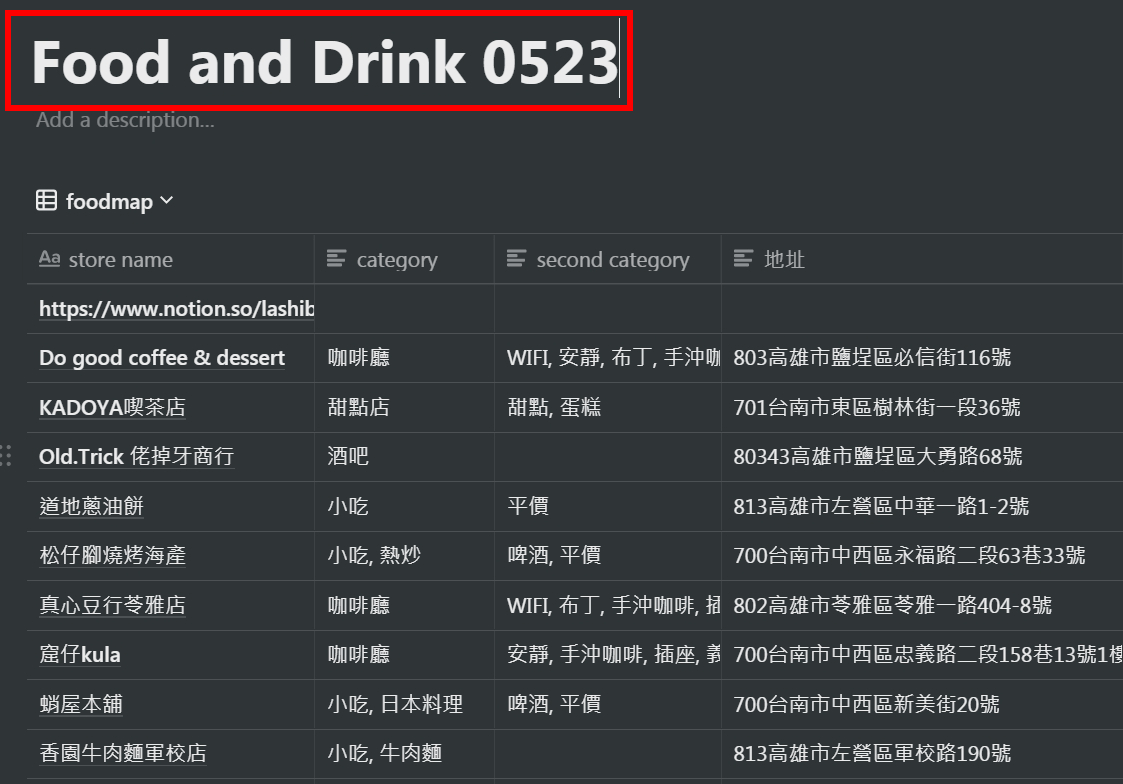

To get this key, create an internal integration in the Notion integration dashboard and under Secrets you’ll see Internal Integration Token. To authorize an internal integration, Notion requires your Notion API key. Since there was only one workspace where we were appending blocks to Notion docs, it made sense to start with an internal integration while we were in feature development. For example, when we first started building Daily Collab, we tested the call UI and transcription in only one test workspace in Notion. Internal integrations work well for any app that’s interacting with one specific Notion workspace. Of the two authentication options for Notion (internal and public integrations), authorizing internal integrations is much more straightforward. Transcription would not only start the process of adding a new feature to daily-js, it would also use the Notion API’s “append block child” endpoint.Īuthenticating the Notion API: Internal integrations We decided the most interesting way to use the Notion API would be to add a button to the Chrome extension UI that lets you transcribe your current Daily call directly to the doc you’re currently viewing. 🤦🏻♀️ Joining a live Daily Collab call in NotionĮnter our upcoming Daily transcription feature. When we came up with the idea to build a Chrome extension that embeds a Daily video call in Notion pages, we were very proud of ourselves, except for one problem: just adding a Daily video call to the DOM didn’t actually use the Notion API. When we first saw that Notion had a public API coming out, it seemed like the perfect opportunity to test it out with a new Daily demo. Depending on which type of authentication you will be using, you can create either a public or internal integration through their dashboard. (That is to say, don’t try to add it to your production apps! 😉 )īefore we get started, if you are following along with this tutorial to add authentication to your own app, you will need to create a Notion API Key from Notion's developer dashboard. Note: Currently, Daily’s transcription feature is still in development, so we’d love any feedback you have after using this demo. Next, we’ll see how Notion’s public integration works in Daily Collab, our Chrome extension demo that embeds a Daily call into any Notion page.
#Notion api how to
We’ll start with the simpler of the two-internal integration- to see how to authenticate individual Notion API requests for a specific workspace. To help better understand how authentication works with the Notion API, we’ll cover Notion’s two types of authentication in this tutorial: (In our case, we realized we would need to use Notion’s public authentication so the transcription feature could work across multiple workspaces.) To authenticate each edit, Notion requires an API key from either a workspace administrator or an authorized developer.


So, what exactly do transcription and authentication have in common? Well, adding a transcription feature to the Daily Collab demo meant using the Notion API to edit specific Notion documents. Thankfully, we were able to accomplish both and learn a lot about how Notion’s API authentication works along the way. The goals for our most recent Chrome extension demo, Daily Collab, were two-fold: to build an app that showcased Notion’s new public API and to have an excuse to start building a transcription feature into Daily’s frontend library, daily-js.
#Notion api series
This tutorial is part of a series on how we built Daily Collab, our latest Chrome extension demo, which lets you embed and transcribe Daily video calls in any Notion page.
#Notion api update
This example now uses an outdated (but functional) approach, which we will update shortly. Manifest v2 is being deprecated by Chrome in 2022 and will no longer be accepted into the Chrome store.Īdditionally, Notion has updated their authentication API - specifically, the public integration - since this post was written.


 0 kommentar(er)
0 kommentar(er)
